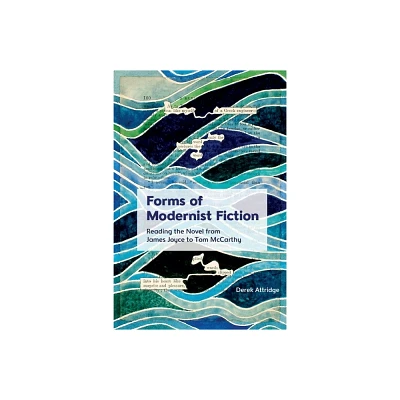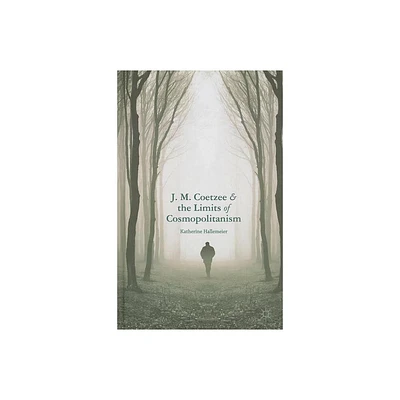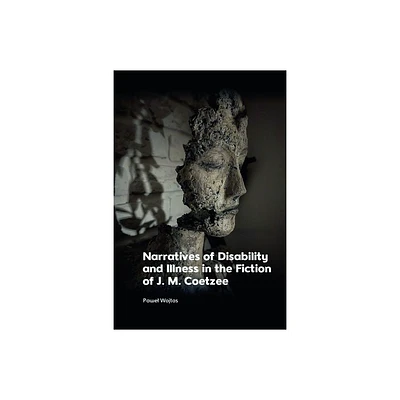Home
Modernist Crisis and the Pedagogy of Form: Woolf, Delany, Coetzee at Limits Fiction
Loading Inventory...
Barnes and Noble
Modernist Crisis and the Pedagogy of Form: Woolf, Delany, Coetzee at Limits Fiction
Current price: $130.00


Barnes and Noble
Modernist Crisis and the Pedagogy of Form: Woolf, Delany, Coetzee at Limits Fiction
Current price: $130.00
Loading Inventory...
Size: Hardcover
*Product Information may vary - to confirm product availability, pricing, and additional information please contact Barnes and Noble
What is the role of the author in times of crisis?
Modernist Crisis and the Pedagogy of Form
examines how Virginia Woolf, Samuel R. Delany, and J. M. Coetzee developed literary strategies in common to cope with crisis periods they were anticipating, living through, or looking back on. Matthew Cheney outlines how the three writers shaped their art to create an author/audience relationship congruent with the goals of critical pedagogy espoused by such thinkers as Paulo Freire and bell hooks.
Seeking to stimulate ethical thought, Woolf, Delany, and Coetzee required their readers to be active interpreters of their texts' forms, contents, and contexts. By pushing against fiction's fictionality, these writers of very different backgrounds, geographies, privileges, situations, tastes, and styles discovered complex ways to address the world wars in England, the AIDS crisis in New York, and apartheid in South Africa, going so far as to question the value of fiction itself.
Modernist Crisis and the Pedagogy of Form
examines how Virginia Woolf, Samuel R. Delany, and J. M. Coetzee developed literary strategies in common to cope with crisis periods they were anticipating, living through, or looking back on. Matthew Cheney outlines how the three writers shaped their art to create an author/audience relationship congruent with the goals of critical pedagogy espoused by such thinkers as Paulo Freire and bell hooks.
Seeking to stimulate ethical thought, Woolf, Delany, and Coetzee required their readers to be active interpreters of their texts' forms, contents, and contexts. By pushing against fiction's fictionality, these writers of very different backgrounds, geographies, privileges, situations, tastes, and styles discovered complex ways to address the world wars in England, the AIDS crisis in New York, and apartheid in South Africa, going so far as to question the value of fiction itself.


















